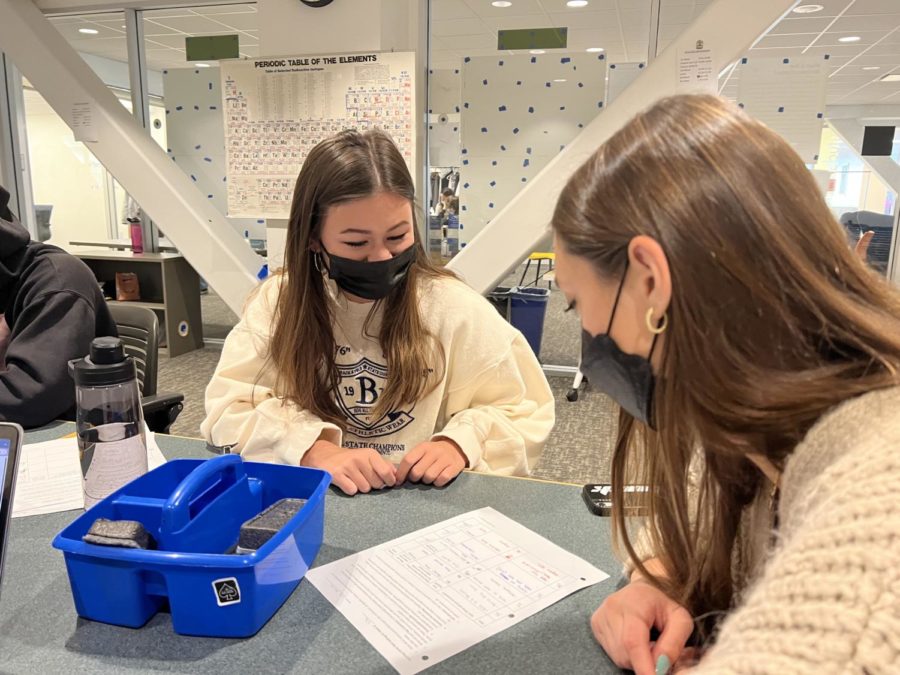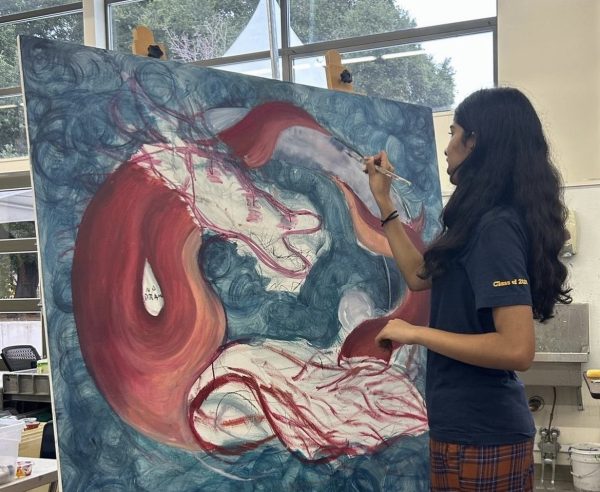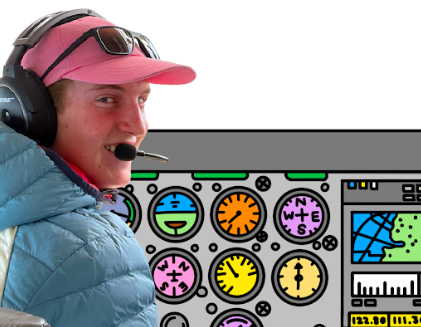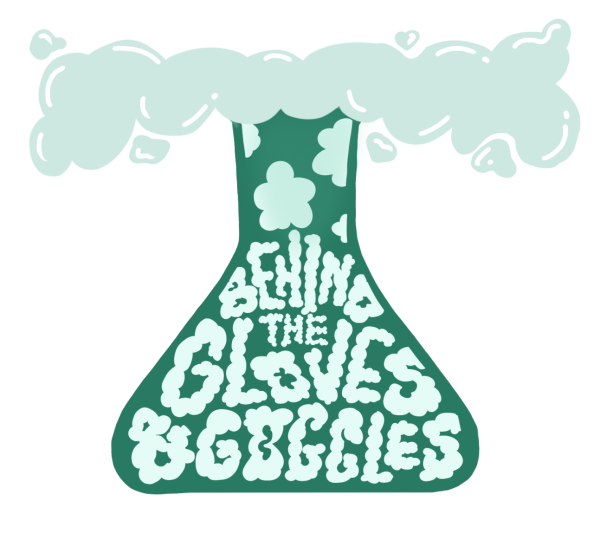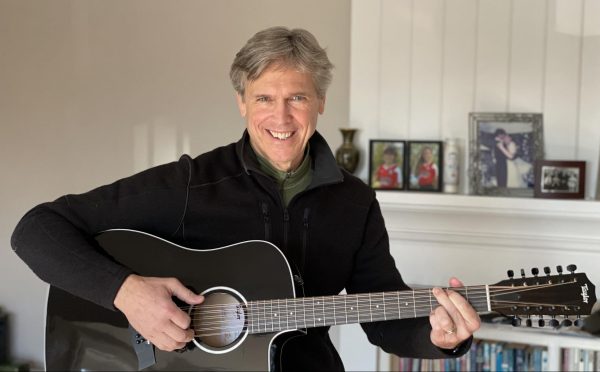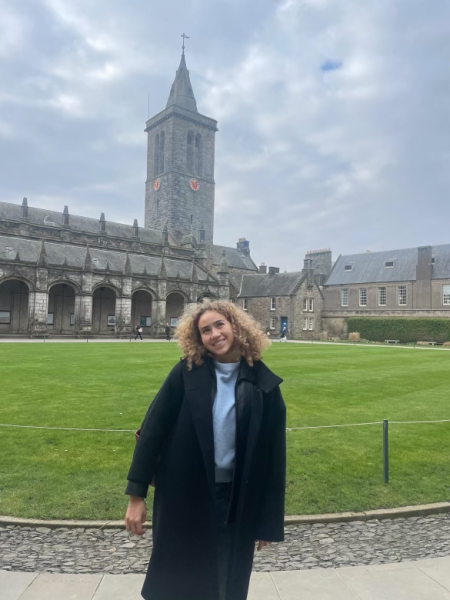Changes to the TA Program to Expand Its Influence
Seniors Michaela Chou and Charlie Herrin look over an underclassmen’s goal sheet in the Learning Center. TA’s often go to the Learning Center to help students with writing assignments. Staff photo: Riley Huddleston.
March 24, 2022
It’s no secret that English classes at Menlo are difficult for many students, particularly for underclassmen. From being introduced to writing styles and structures they’ve never seen before to having to write in-class essays, students often need extra help with the English curriculum. The English Teacher’s Assistant (TA) program, led by English teacher Maura Sincoff and Head TA senior Gretchen Witte, aims to give students the writing support they need to succeed in their English classes.
Sincoff and Witte organize and run weekly meetings with the TAs, communicate about the program with teachers in the English and History departments, organize and divide TA assignments from different departments and work with students themselves. The program consists of two groups of TAs: club TAs and transcript TAs. Club TAs help underclassmen during intense weeks. Transcript TAs, who can list the program as a class on their transcript for a pass or fail grade, are assigned a few students who they work with for most of the semester through the learning center. Additionally, both groups of TAs are encouraged to meet with any student who needs help during tutorial.
This year, Witte and Sincoff made some changes to the program to expand its influence. In the past, there were a few core transcript TAs making up the program; however, Sincoff and Witte altered this due to feedback from TAs. “Managing being a transcript TA all of the time was incredibly difficult, but people still wanted to be TAs and help students get better at writing, which is where the idea of having two different levels of TAs came from,” Witte said. Witte was a transcript TA during her junior year before becoming Head TA her senior year.
An issue both Sincoff and Witte feel the program could still build upon is the exposure students get to the TAs and the Writing Center, and how many humanities departments are involved in it. Sincoff feels there are a good amount of science and math class resources and hopes the English can have just as many.
Sincoff, Witte and the English teachers have implemented some changes to help with it, such as having every freshman meet with a TA to see how helpful it can be. “I also really just wanted to expand the program [and] make more people aware of the program in place,” Witte said. “Most importantly I really wanted to build a relationship with the teachers and create a working communication about students in need and how they’re progressing.”
Senior Charlie Herrin is a transcript TA, and appreciates being able to interact with underclassmen and share everything she’s learned throughout her time in English at Menlo. Herrin notes that she didn’t know about the program very much as an underclassman. “I didn’t [know much] about the TA program as an underclassman, but I know that this year they’re forcing freshmen to meet with a TA,” Herrin said. “I think for some students, it’s really helpful because they wouldn’t have sought out help otherwise, although I probably wouldn’t have liked the requirement as an underclassman.”
Freshman Jordana Lenihan has worked with a TA a few times throughout the semester, and whether it be pointers of grammar or content, she feels she has taken away advice that she can use in the future rather than just in that one instance. Lenihan also appreciates how easy communication with her TA is. “I put my number down on the spreadsheet and, because we have the same free period, she texted me and [it was easy to meet up],” Lenihan said.
Overall, Witte and Sincoff want to make sure the TA program is flourishing at its full potential. “I want to deepen the connection with the learning center and create more bonds between the TAs and the kids who are filtering in and out of there,” Witte said. “I also want to have TAs go to classes and help out during work periods and get to know all of the kids and the teachers better so that this program can continue past when I graduate.”
“This whole semester has been a lot of troubleshooting and problem solving but it’s definitely been worth it,” Witte said.


